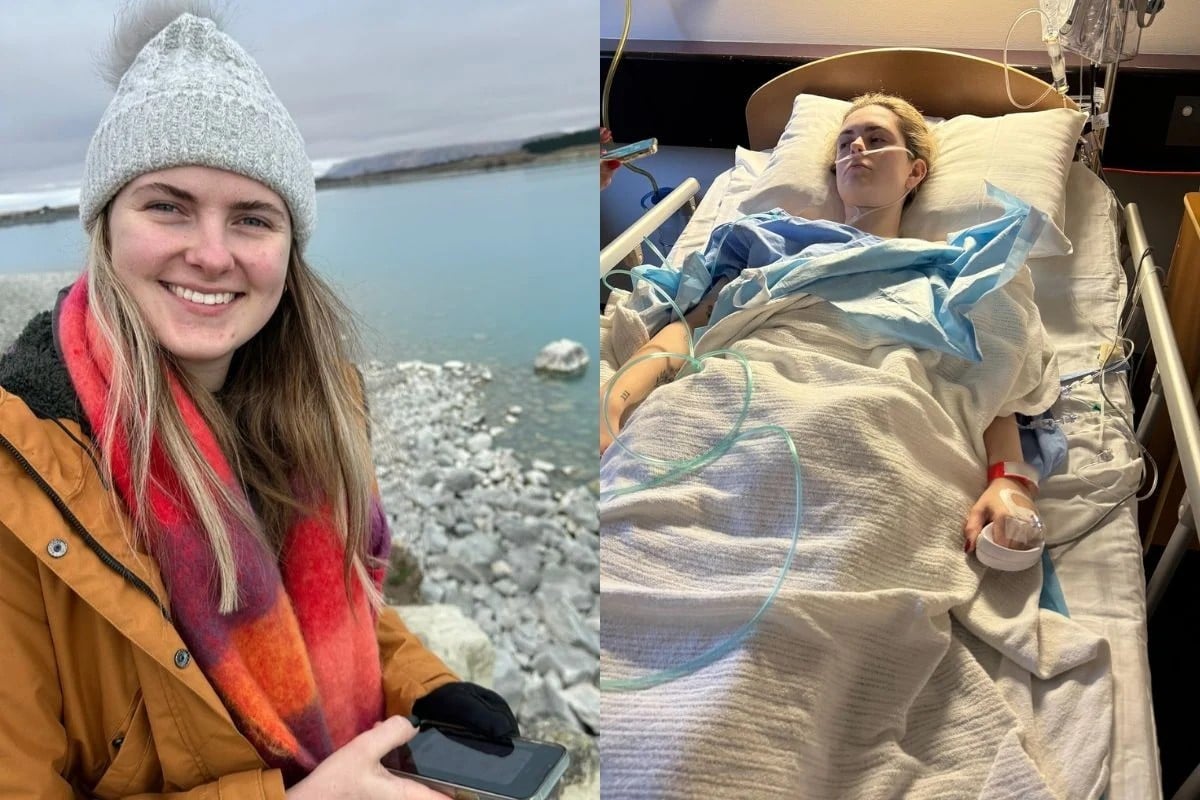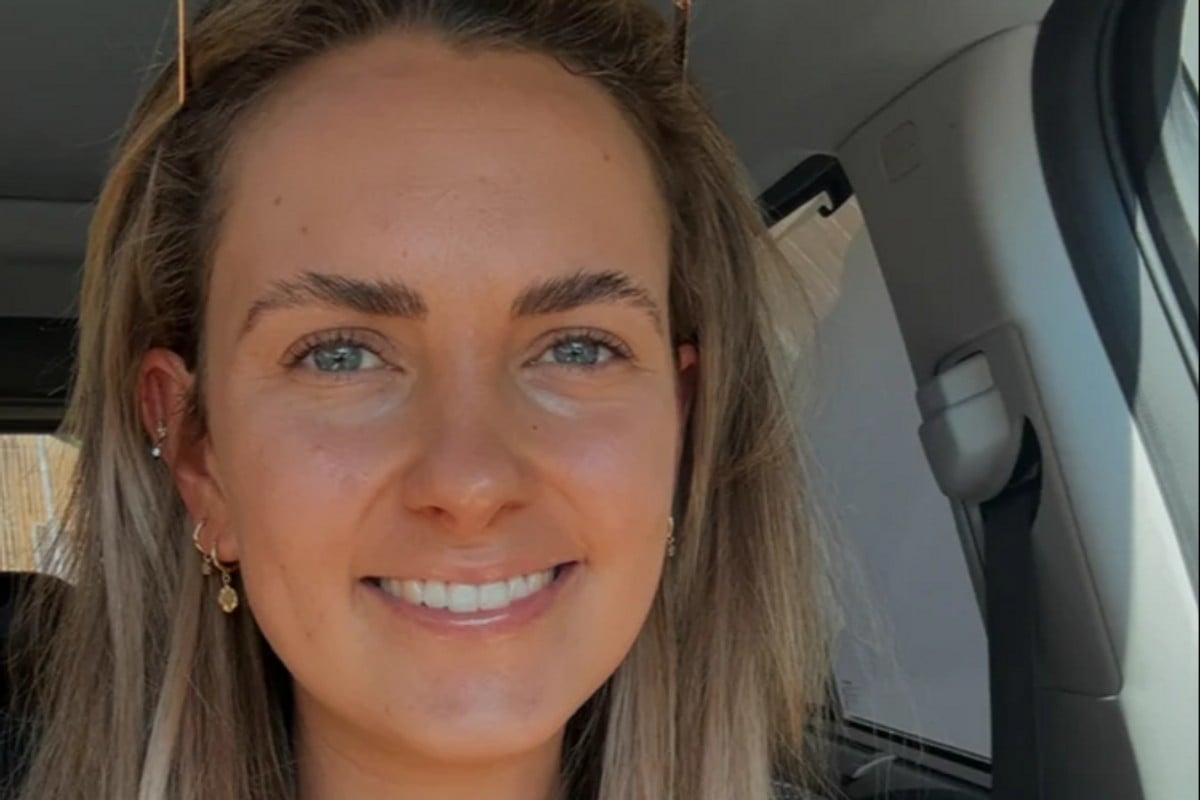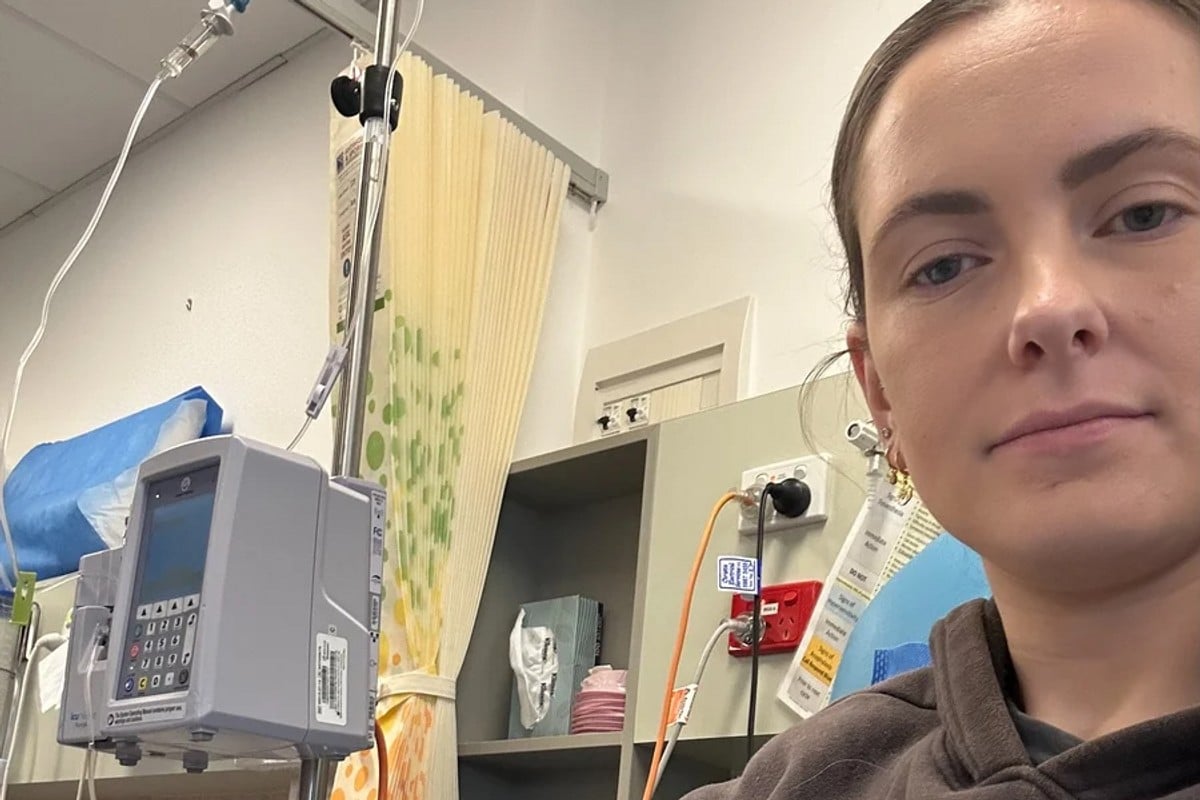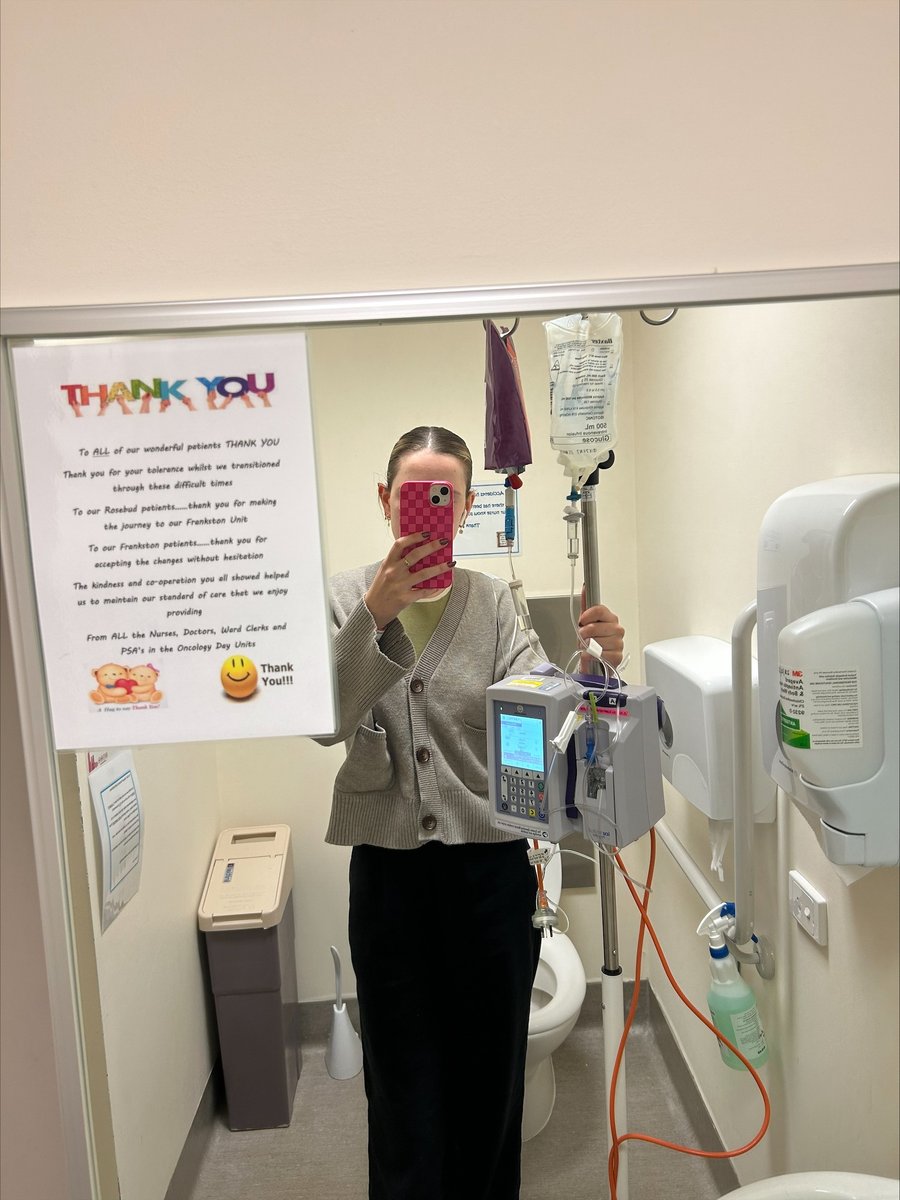
When Sarah Graham turned 22, she became lactose intolerant "suddenly, out of the blue." It was the first sign that something was wrong, but it would take seven years for the Victorian interior designer to get answers.
To be diagnosed with Stage 3 bowel cancer.
"Like a flick of a switch my bowels weren't right," Sarah told Mamamia, adding she would have the urge to go to the bathroom after eating anything with dairy.
"That progressively stayed with me until I was 26."
The facts on bowel cancer. Post continues after video.
At 26, Sarah was diagnosed with endometriosis and lesions were found on her bowel. Doctors removed these, and by avoiding dairy, her symptoms improved for a few years.
But things would take a turn in 2024, when Sarah was on the cusp of turning 29.
Around January, Sarah began exhibiting a concerning host of symptoms. This time, she knew something was seriously wrong.































































































